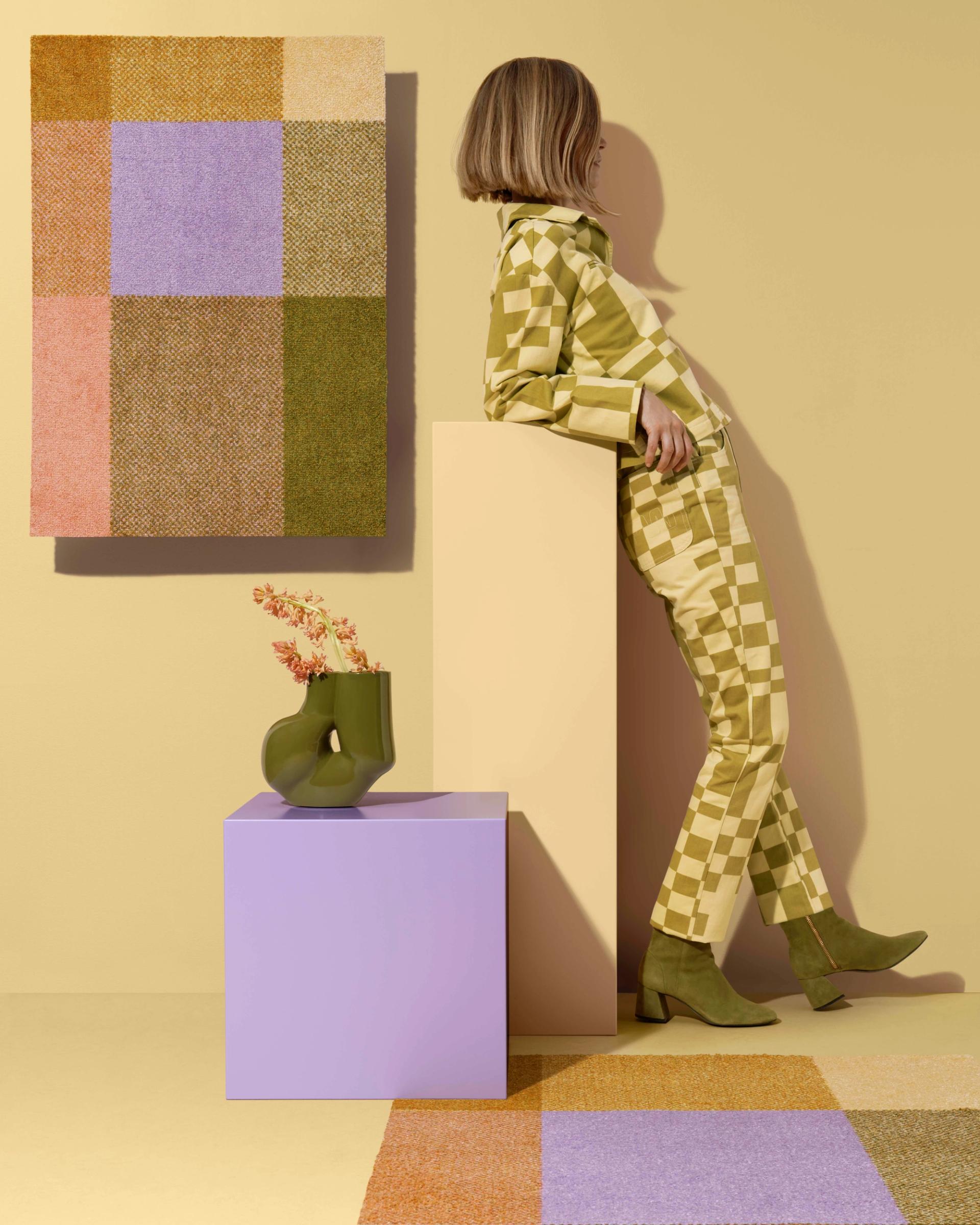

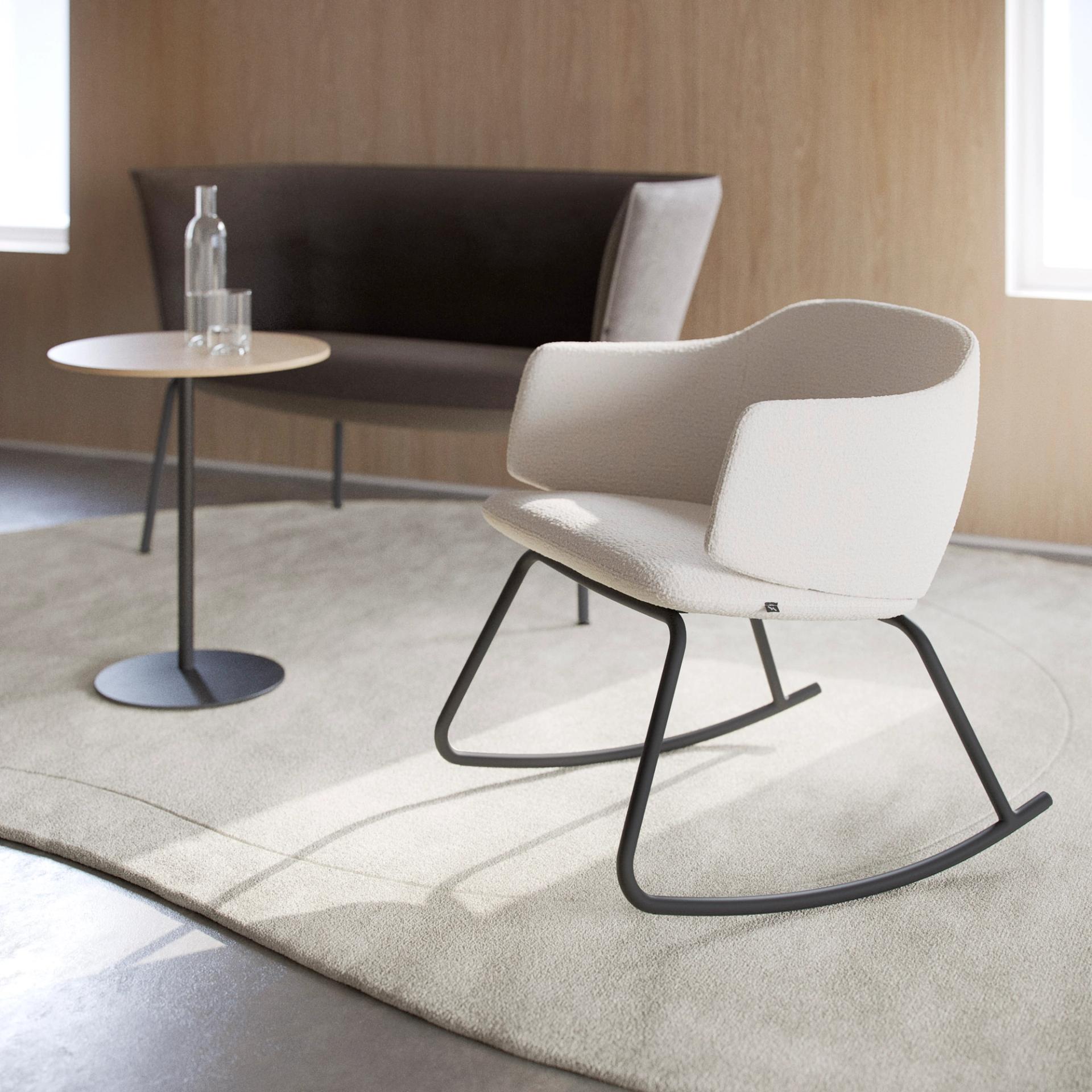
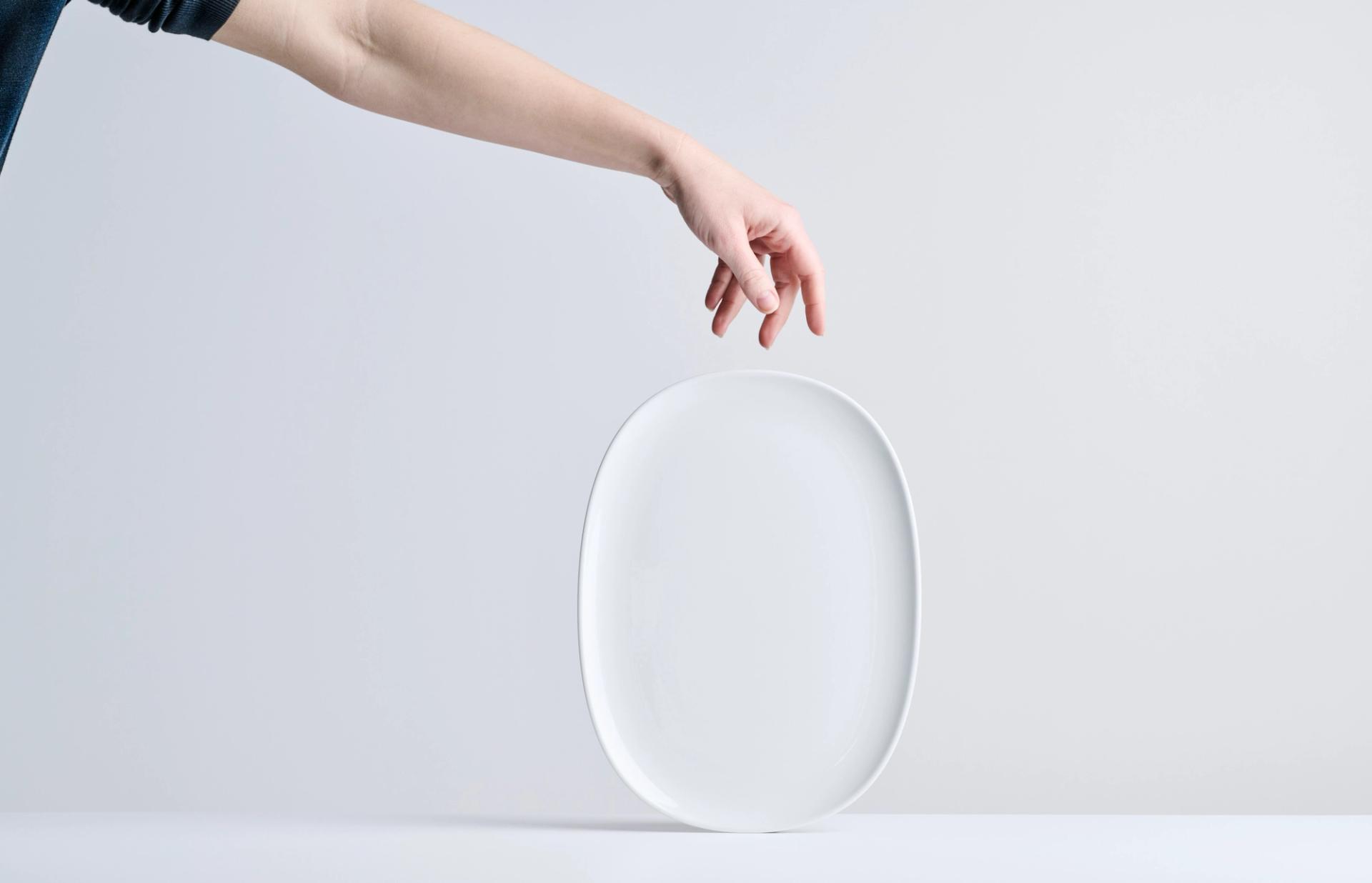

Sustainable and functional Norwegian design reaches new heights internationally
Published 26 Apr 2023 (updated 29 Oct 2025) · 6 min read
Sustainable
Functional
Contemporary
Health-oriented
These are the unmistakable hallmarks of today’s Norwegian manufacturing and design industry, where authenticity goes hand in hand with aesthetics. Today, global sales are skyrocketing as the whole world takes notice, drawn by the industry’s innovation and core values.
“In Norway we have wild nature on our doorstep, and sustainable production has always been part of our DNA,” says Ragnhild Grytten, Marketing Manager at Norwegian Design Industry.
“Our highly crafted products are designed to last and are produced under fair working conditions. As these qualities become more attractive, Norwegian design is gaining in global recognition.”
A real-life embodiment of this is the company Fram Oslo. Influenced by Norway’s rugged nature, its products are made in Norway by companies with long textile, weaving and woodworking traditions using stone, wool and FSC-certified wood. Established in 2016, Fram Oslo seeks to recreate the peace of nature in people’s homes. It also contributes 10 per cent of its profits to UNICEF.
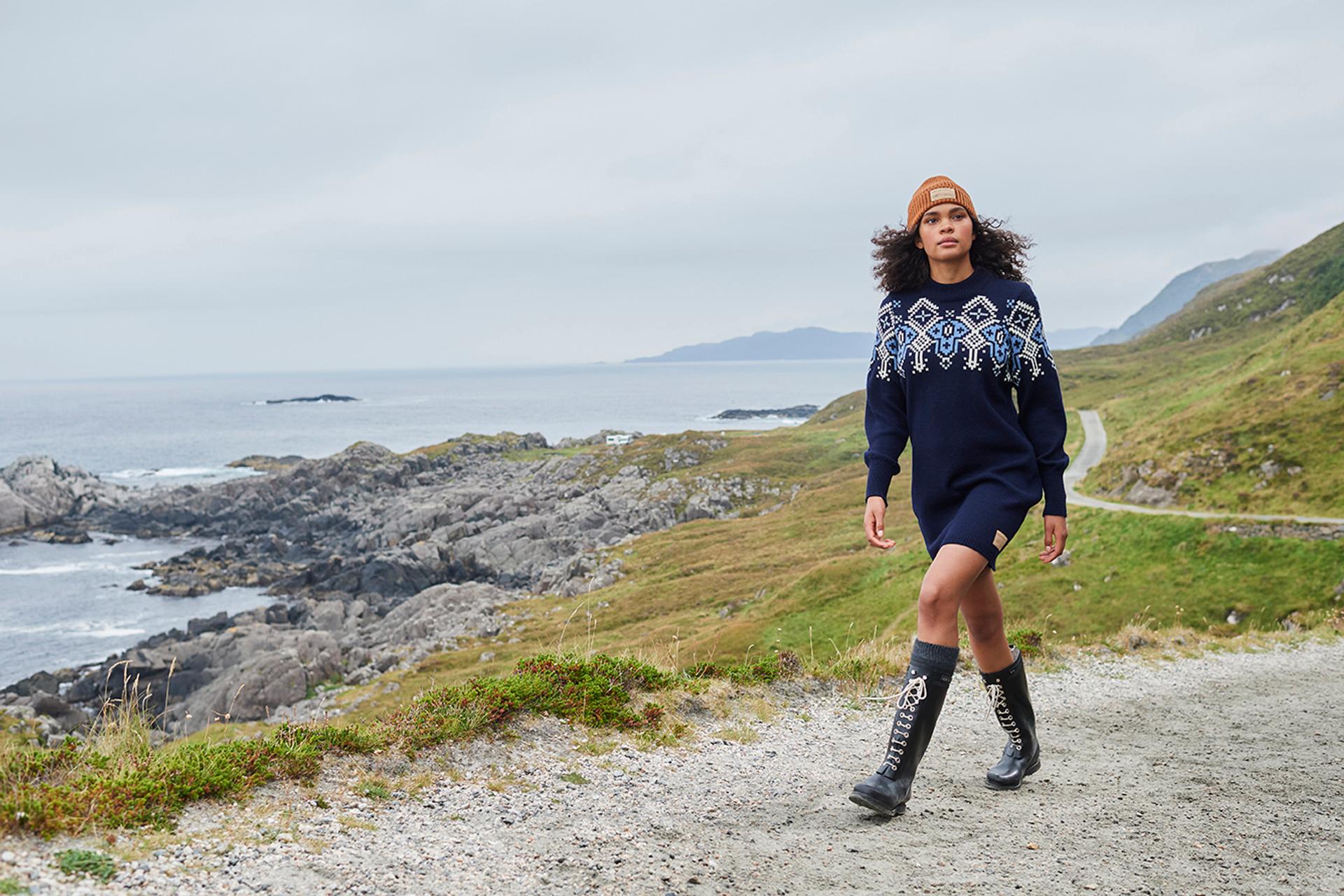
"In Norway we have wild nature on our doorstep, and sustainable production has always been part of our DNA."
Ragnhild Grytten, Marketing Manager, Norwegian Design Industry
“Nothing in our industry is totally sustainable, but Norwegians are creating designs based on sustainability as a core value.”
Elin Kathrine Saunes
CEO, Norwegian Fashion Hub
Striving for sustainability
Norwegians are stewards of nature, caring for their forests, mountains, rivers and seas. To protect these resources, today’s designers are introducing sustainability into all parts of the value chain. Since humans are part of the web of life, sustainability in Norway not only means eco-friendly, but also socially and economically responsible.
“Nothing in our industry is totally sustainable, but Norwegians are creating designs based on sustainability as a core value,” says Elin Kathrine Saunes, CEO of Norwegian Fashion Hub. She points to several ways this is happening:
Some clothing companies are moving their production closer to home, reducing the carbon footprint of shipping and ensuring decent working conditions. Others are finding ways to make a single garment suitable for a variety of sizes and life situations, allowing consumers to buy fewer high-quality items that last for years.
Moreover, renewable materials native to Norway take centre stage. Here wool is the superstar.
The wool from Norilia, for instance, has a transparent value chain and uses very few chemicals. Innovative production methods are used to reduce the use of water and electricity, and the sheep are raised according to high animal welfare standards.
Meanwhile, Eikund produces contemporary classic furniture from sustainably sourced wood with certified leather along with clearly traceable textiles. Pioneering circular furniture production, New Comfort Products (NCP) manufactures chairs out of plastic waste from the local aquaculture industry, while Norskin produces fish-skin leather as a beautiful and eco-friendly alternative to traditional cow leather.
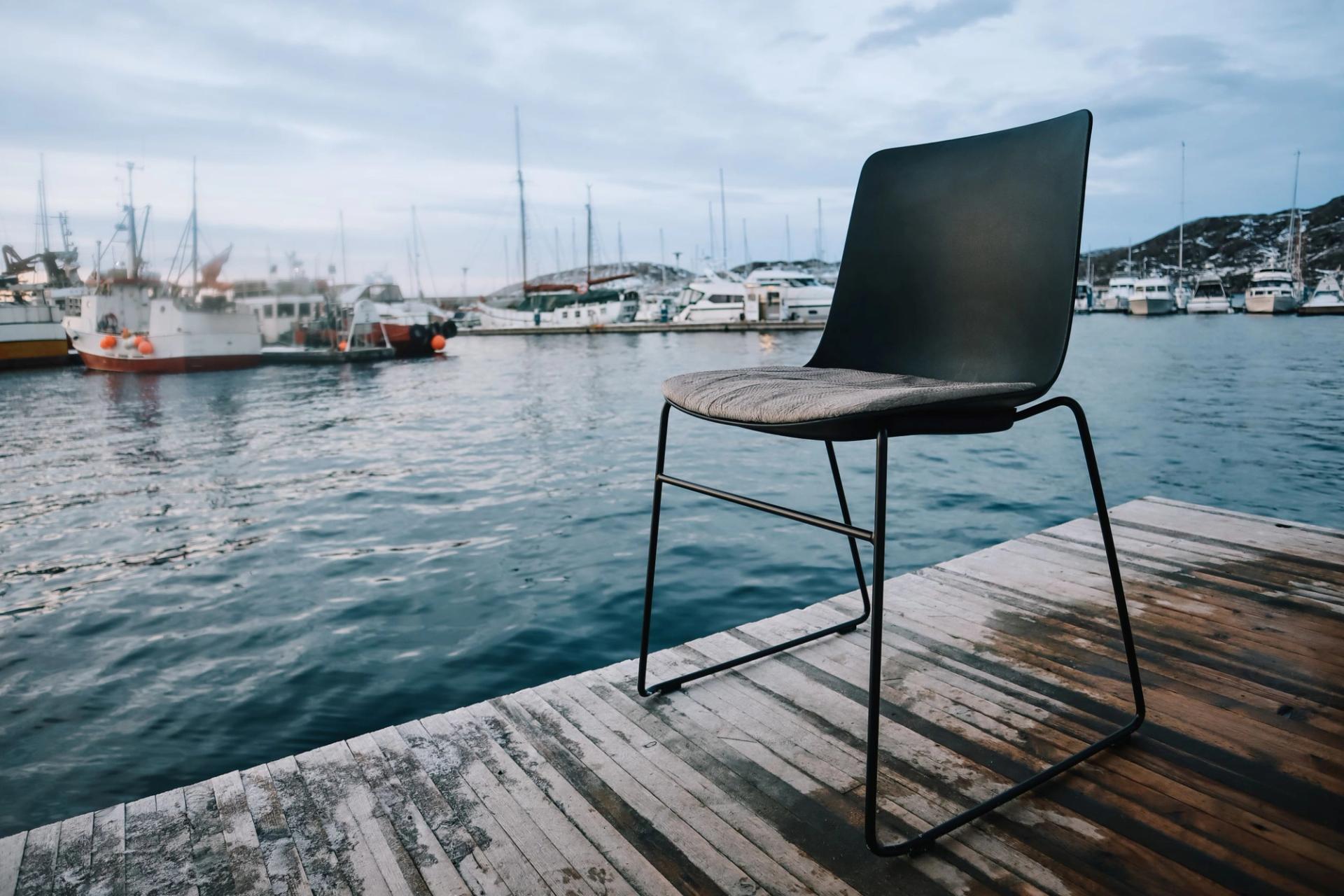
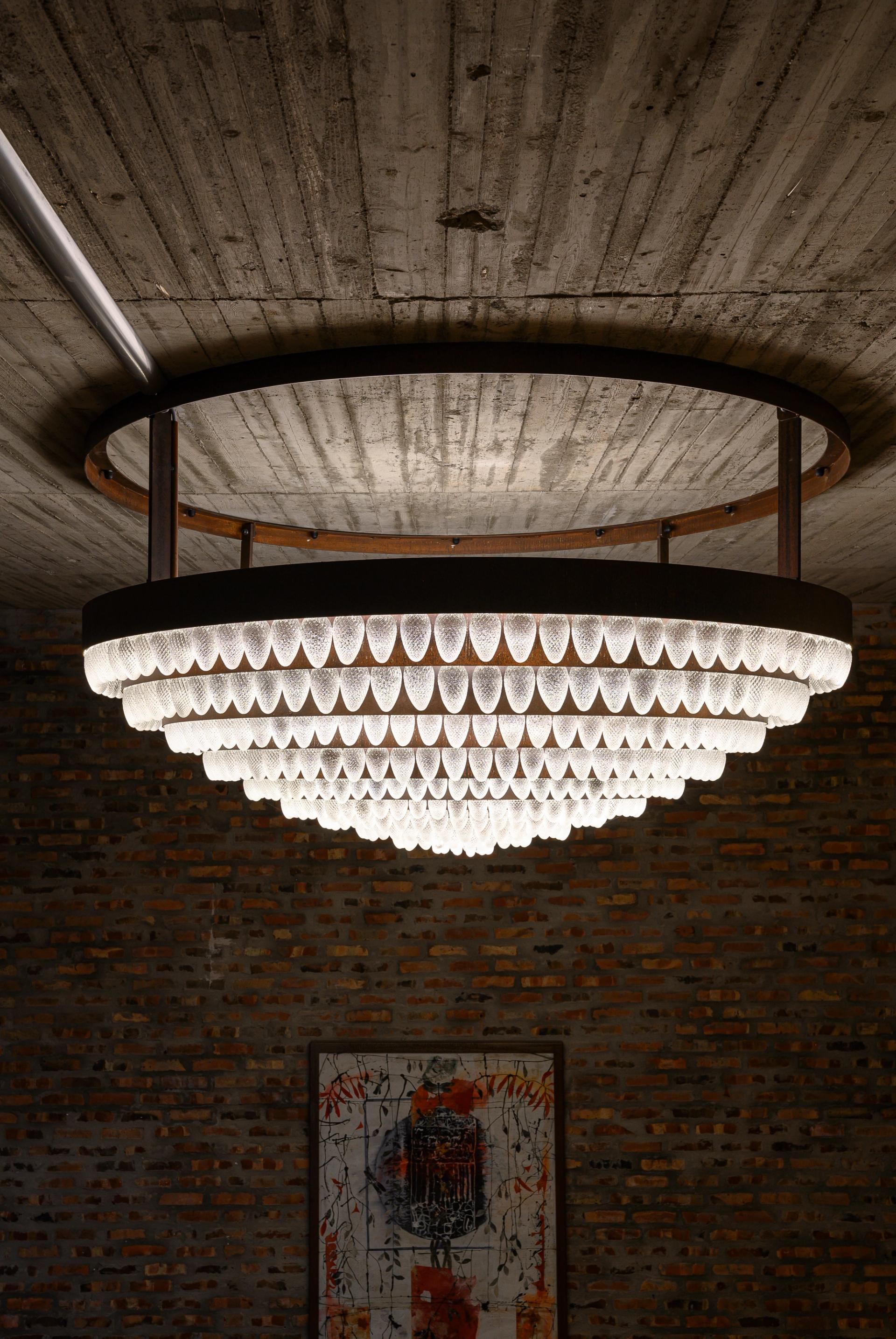
NCP’s Public chair is made of recycled plastic with a seat cushion of Norskin fish leather
Stylish functionality
Like the society itself, Norwegian design tends to be practical, but never boring. Quite the contrary.
“Norwegian design is both functional and contemporary. We like a clean, simple, uncluttered look with an element of usefulness. Perhaps our design aesthetic derives from our tradition of egalitarianism and Protestant ethic of hard work, thrift and efficiency,” says Saunes.
In the fashion segment, designers often take a practical approach to clothing. “Our fashion ethic is democratic and down-to-earth. People must be able to take their children to pre-school in the rain and give a high-level presentation at work in the same attire,” she adds.
In interior design, Heymat delivers decorative, industrial-strength floor mats for home and office. Made from 100 per cent recycled plastic bottles, every mat is created to become an interior design work of art, taking into account the relationship between composition, colour, texture and structure.
Always health-conscious, Norwegians care where they sit and lay down. Patented Dyfosit chair frames, for example, reflect the movements of the human body and help users to find their resting heart rate to reduce stress, while Varier produces ergonomic, ultra-modern chairs that allow for natural movement while sitting.
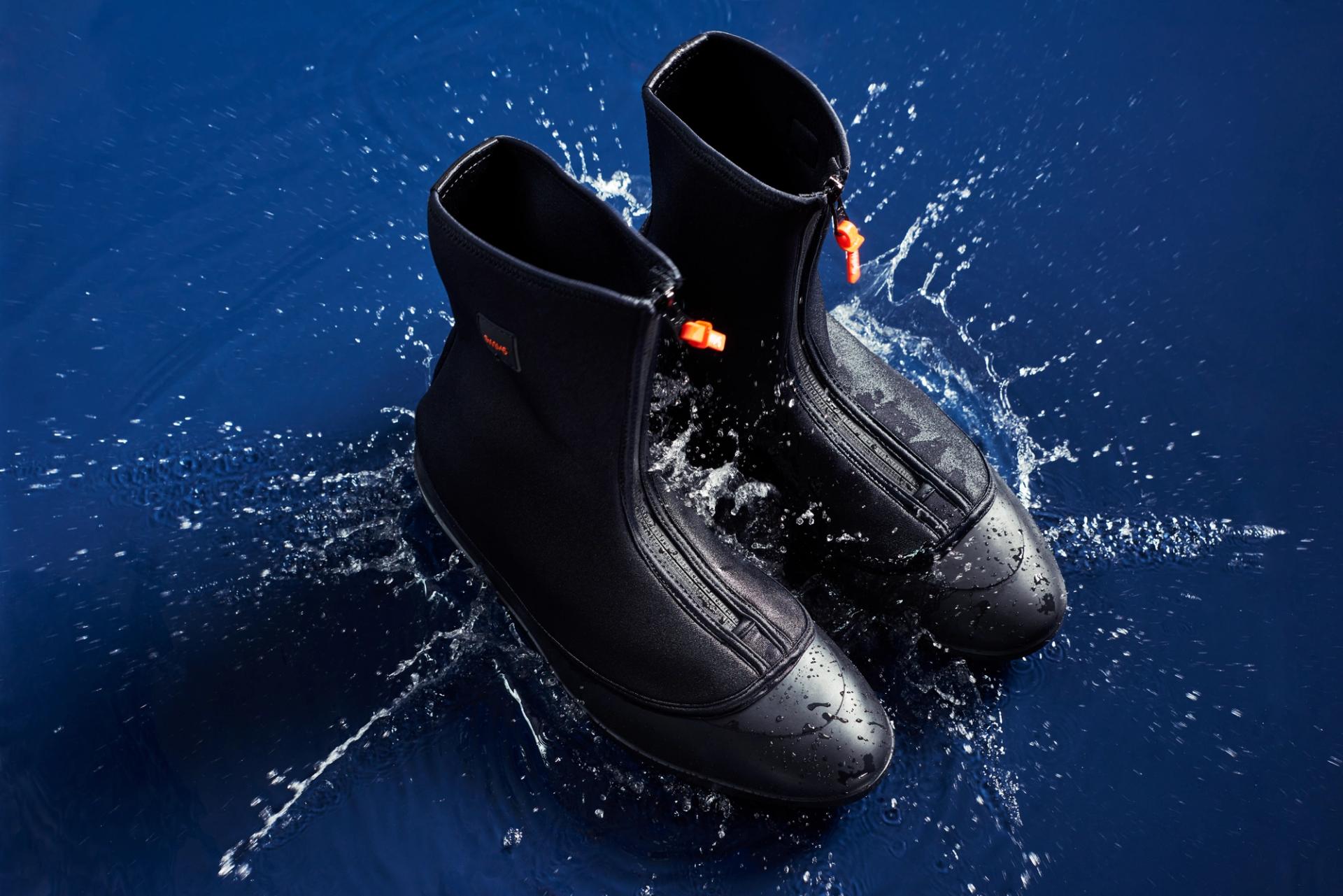
There’s no such thing as bad weather, just bad clothing
Designs for an active, outdoor lifestyle
Norwegians are known worldwide for their love of the outdoors. Hiking, cross-country skiing and boating are national pastimes. Although there are plenty of sunny days, Norwegians are always prepared for rain, snow, wind and cold temperatures. As the old Norwegian adage goes, “There’s no such thing as bad weather, just bad clothing”.
Designers ensure that Norwegians can play outdoors, regardless of the weather. Many companies have been around for decades and continually innovate to remain market leaders. In a country where children start skiing as toddlers, Norwegian household names such as SWIX/Brav and Madshus offer cutting-edge outdoor sport and ski clothing, equipment and accessories.
Newer companies often specialise in a single product, which is a trend in sportswear and sports equipment. In Bergen, the wettest city in Europe, Norwegian Rain makes stylish urban raincoats that combine high tech with high design, while Varsity Headwear makes high-quality, label-free ball caps in multiple colours. Two Norwegian brothers sought to create the “perfect” ball cap, and now this simple, upscale headwear has become a global phenomenon.
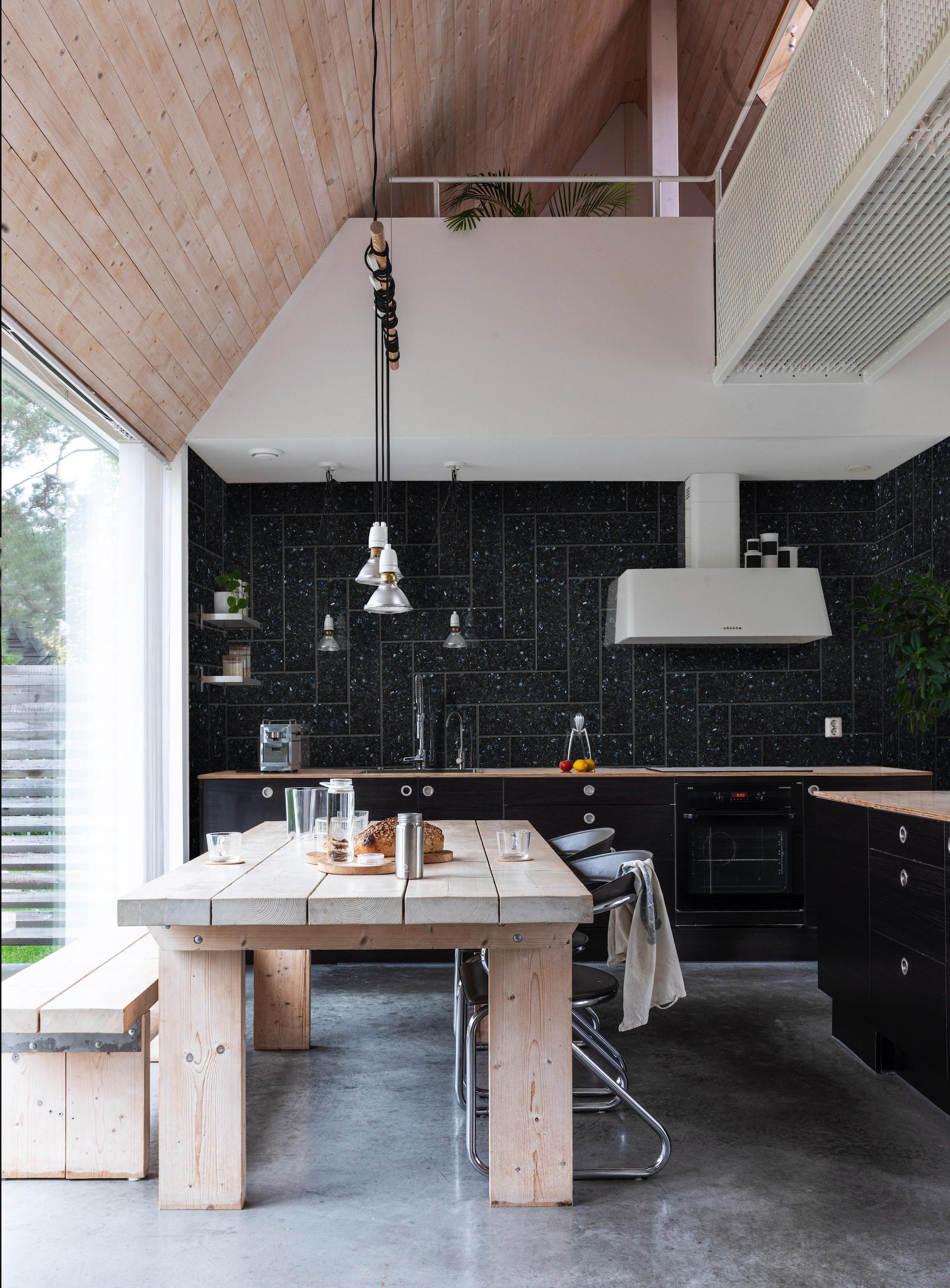
Appeals to our love for home
In many ways, Norwegian interior design targets the homebody in all of us. “There’s been a paradigm shift in how we live. Ever since Covid-19, we’re spending more time at home and looking for ways to be comfortable and healthier. At the same time, many want to be surrounded by original, contemporary styles,” says Amy Rosi at Aros Communications.
This may be why Norwegian manufacturing and design exports have hit an impressive 51 per cent and continue to rise each year. “Norway is literally checking every box on what matters most to the new generations of US consumers – the urban-based, educated, environmentally concerned and health-oriented buyers of high design products,” she adds.
Based in New York City, Rosi is helping the Norwegian design industry to expand in the US market for interior design. One important platform for this is the International Contemporary Furniture Fair (ICFF), where innovative Norwegian companies present their best work to an international audience. In 2023, the companies selected to participate were Formfin, Heymat, Lundhs Real Stone and Varier.
“Young Norwegian designers, most with advanced degrees, are making their global mark as they combine traditional craftsmanship with innovation and technology. I believe that our slogan – ‘north of the ordinary’ – says it all,” concludes Grytten.
